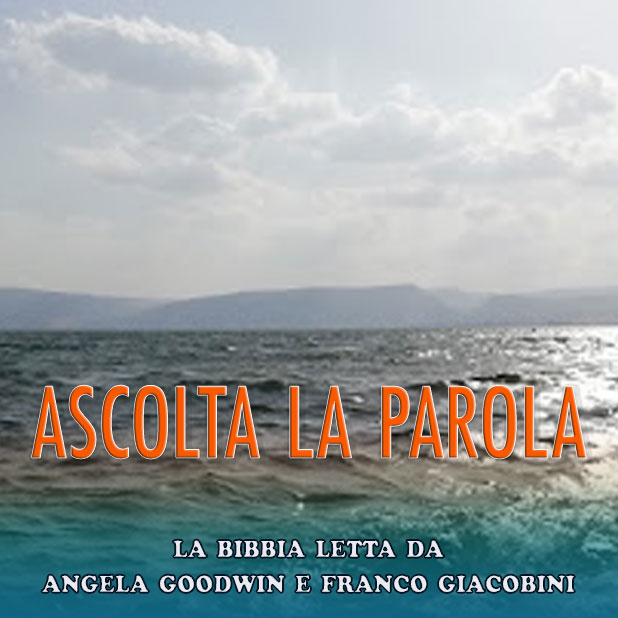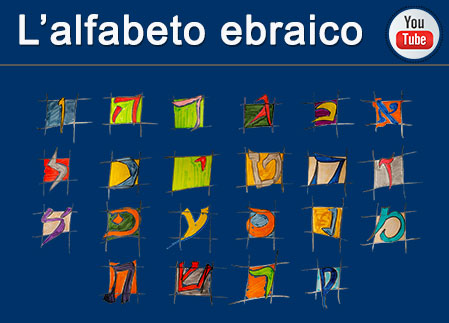Joint Commission for Catholic-Jewish Religious Dialogue of the National Conference of Brazilian Bishops
Brasile 10/1983
In 1981 a new step was taken in Jewish-Christian relations in Brazil through the setting-up by the National Conference of Brazilian Bishops of a Joint National Commission for Jewish-Catholic Dialogue. The Commission's aim is to promote study and concrete action with a view to an objective religious dialogue. The Commission is composed of Catholic members nominated by the National Conference of Brazilian Bishops, and of Jewish members — three rabbis, two lay persons — invited by this same Conference. After a year of study, the Joint Commission drew up the following document, entitled in the original: "Orienta0es para o relacionamento entre catélicos e judeus", and published in the official bulletin: "Comunicado Mensal da CNBB" of October 1983, No. 372, pp. 1067-68.During 1984 the Joint National Commission is engaged in a double task: that of drawing up directives for the teaching of Judaism to theological students and of preparing a booklet which will give further details on Jewish history and tradition.
1. After twenty centuries of co-existence which were given a particular hall-mark by the events in Europe which preceded and accompanied the Second World War, a new awareness of the origins and history of both Judaism and Christianity demonstrates the need for reconciliation between Jews and Christians. This reconciliation must take the form of dialogue, inspired by a healthy desire for knowledge of one another, together with mutual understanding.
2. It is indispensable for dialogue that Catholics should strive to learn by what essential traits the Jews define themselves, that is to say, as a people clearly defined by religious and ethnic elements.
3. The first constitutive element of the Jewish people is its religion, which in no way authorizes Catholics to envisage them as if they were simply one of the many religions in the world today. It was in fact through the Jewish people that faith in the one true God, that is to say, monotheism, has entered into human history.
4. It should be noted, on the other hand, that according to biblical revelation, God himself constituted the Hebrews as a people. The Lord did this after having made a covenant with them (cf. Gen. 17:7; Ex. 24:1-8). We are indebted to the Jewish people for the five hooks of the Law, the Prophets and the other sacred hooks which make up the Hebrew Scriptures that have been adopted by Christians as an integral part of the Bible.
5. Judaism cannot be considered as a purely social and historical reality or as a left-over from a past which no longer exists. We must take into account the vitality of the Jewish people which has continued throughout the centuries to the present. St. Paul bears witness that the Jews have a zeal for God (Rom. 10:2); that God has not rejected his people (Rom. 11: Iff); he has not withdrawn the blessing given to the chosen people (Rom. 9:8). St. Paul teaches also that the Gentiles, like a wild olive shoot, have been grafted onto the true olive tree which is Israel (Rom. 11:16-19); Israel continues to play an important role in the history of salvation, a role which will end in the fulfilment of the plan of God (Rom. 11:11, 15, 23).
6. It is thus possible for us to state that all forms of antisemitism must be condemned. Every unfavorable word and expression must be erased from Christian speech. All campaigns of physical or moral violence must cease. The Jews cannot be considered as a deicide people. The fact that a small number of Jews asked Pilate for Jesus' death does not implicate the Jewish people as such. In the final analysis, Christ died for the sins of all humanity in general. Christian love, moreover, which embraces all persons without distinction, in imitation of the Father's love (Matt. 5:44-48), should likewise embrace the Jewish people and seek to understand their history and aspirations.
7. Particularly in catechetical teaching and in the liturgy, unfavorable judgments with regard to the Jews must be avoided. It is desirable that courses in Catholic doctrinal formation, in addition to liturgical celebrations, should emphasize those elements common to Jews and to Christians. It should be pointed out, for example, that the New Testament cannot be understood without the Old Testament. The Christian feasts of Easter and Pentecost, as well as liturgical prayers, the Psalms especially, originated in Jewish tradition.
8. A contrast must not be made between Judaism and Christianity, claiming, for example, that Judaism is a religion of fear while Christianity is one of love. 'We find, in fact, in the holy books of Israel the origins of the expressions of the great love which exists between God and humanity (Dent. 6:4; 7:6-9; Pss. 73-139; Hos. 11; Jer. 31:2ff; 19-22; 33:6-9).
9. It is fitting to recall, as well, that the Lord Jesus, his holy Mother, the apostles and the first Christian communities were of the race of Abraham. The toots of Christianity are in the people of Israel.
10. In what concerns the land of Israel, it is well to remember that, as the fruit of his promise, God gave the ancient land of Canaan to Abraham and his descendants in which the Jews lived. The Roman occupation and successive invasions of the land of Israel resulted in harsh trials for the people who were dispersed among foreign nations. We must recognize the rights of the Jews to a calm political existence in their country of origin, without letting that create injustice or violence for other peoples. For the Jewish people these rights become a reality in the existence of the State of Israel.
11. We should emphasize, finally, the eschatological expectation which is the hope of Jews and of Christians, in spite of their different ways of describing it. Both are awaiting the fulfilment of the Kingdom of God; this has already begun, for Christians, with the coming of Jesus Christ, while Jews are still awaiting the coming of the Messiah. At all events, this eschatological perspective awakens as much in Jews as in Christians the consciousness of being on the march, like the people who came forth from Egypt, searching for a land "flowing with milk and honey" (Ex. 3:8).
(Taken from a French translation)
239 visualizzazioni.
Inserito 01/01/1970
Relazioni Ebraico-Cristiane
Ultime novità nel sito
- 19/04/2020: Articolo - L’enigma della Maddalena
- 23/02/2020: Articolo - Il locus amoenus nelle catacombe ebraiche e cristiane di Roma
- 16/02/2020: Articolo - Il profetismo nel Vicino Oriente antico
- 13/02/2020: Articolo - I Profeti della Cappella Sistina
- 09/02/2020: Articolo - Gerusalemme e la Terra Santa di Israele


